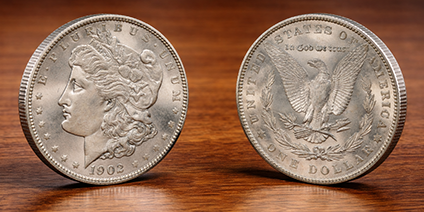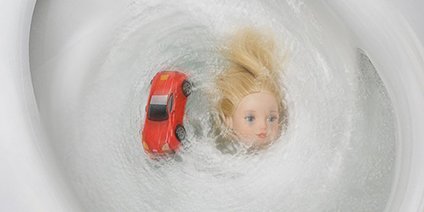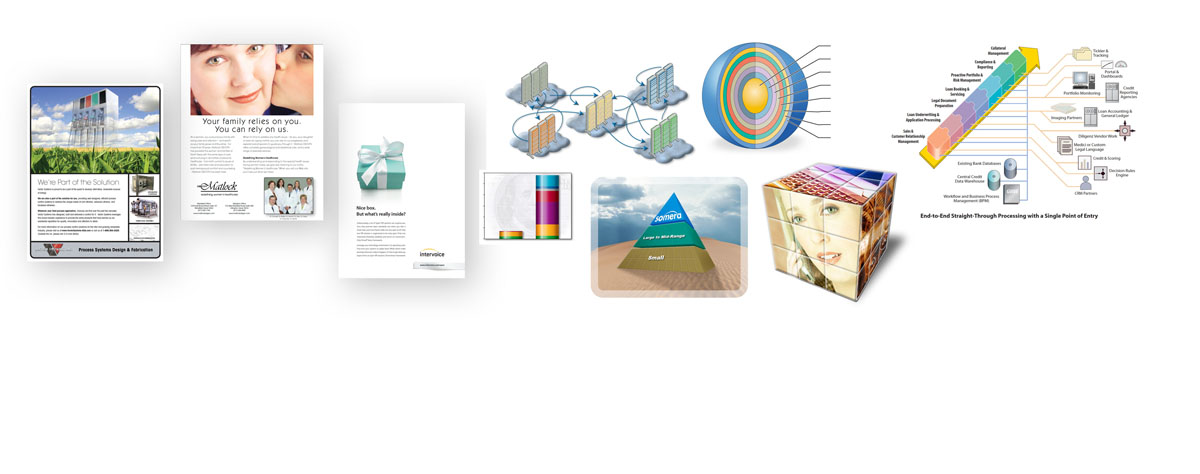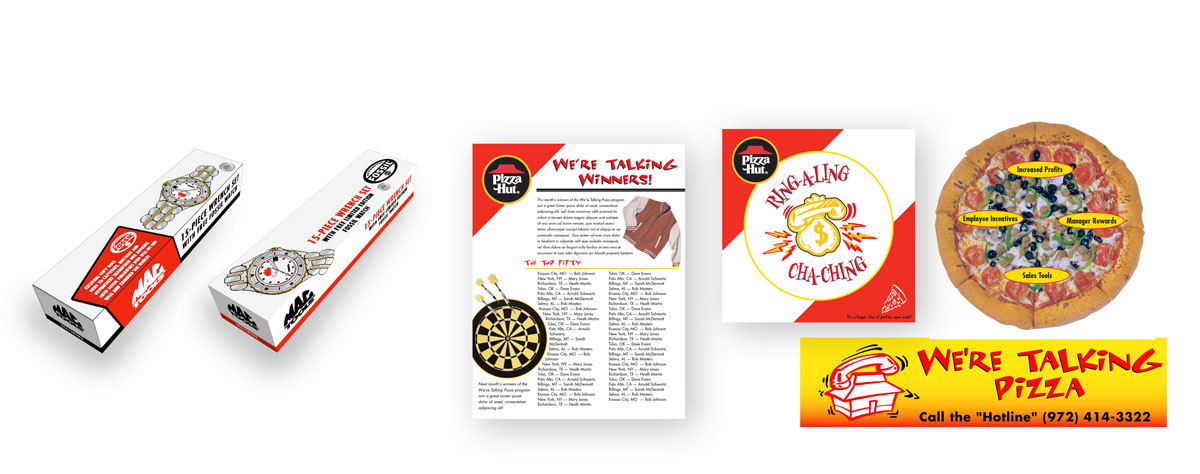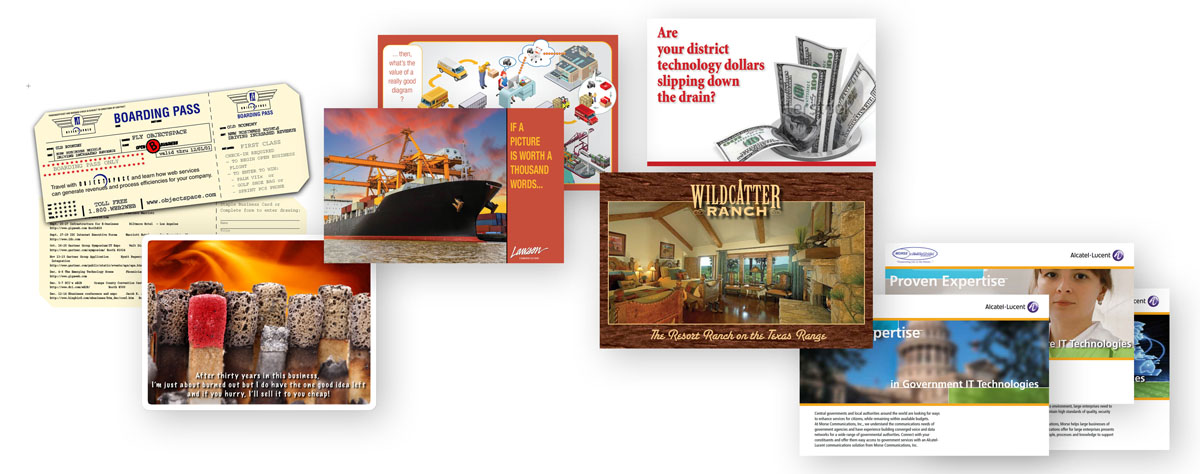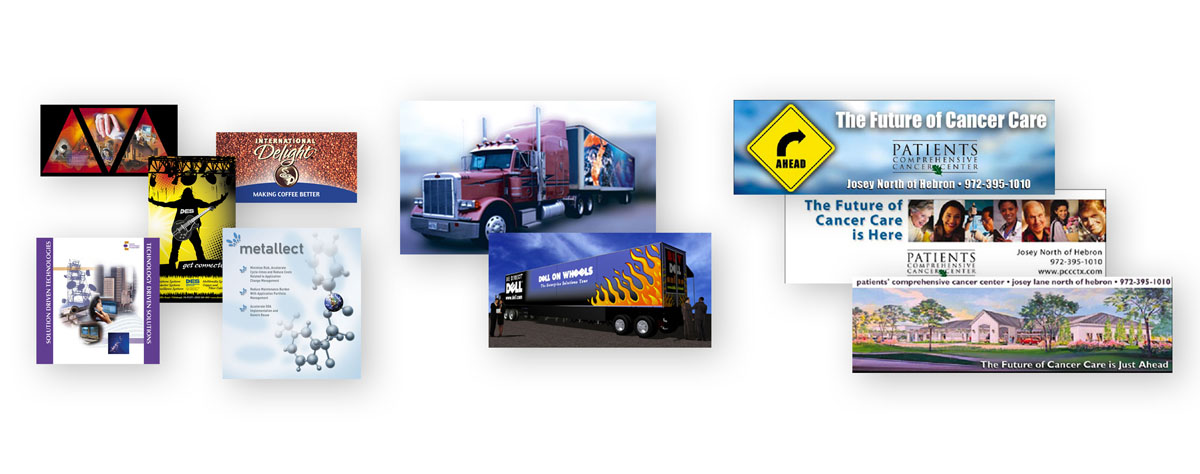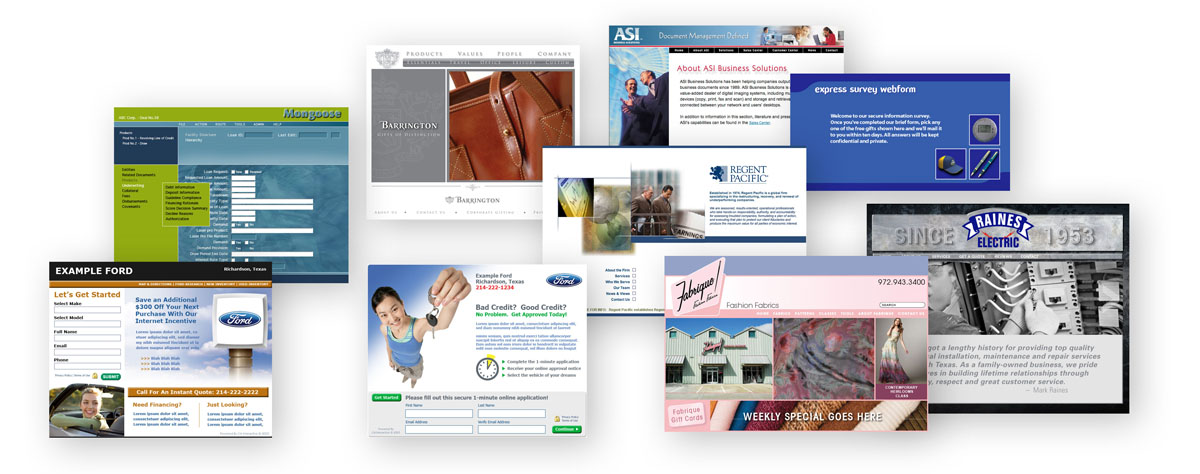Milestone Relationships
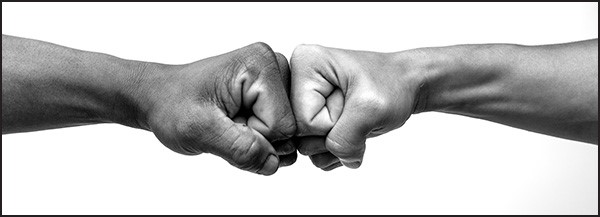
Milestone Relationships
One of my favorite authors, Malcolm Gladwell, introduced me to the subject of “Milestones”, those events in our personal history that shape our future. Any time I interview someone for an article, I ask them to tell me about milestones in their life. Some of those events may have happened to their parents or grandparents but every event provides a foundation for understanding each person’s unique history.
Interestingly — or possibly, to be expected by someone smarter than myself — the overwhelming majority of those individual milestones center around relationships. As often as not, those relationships were casual or fleeting but, none-the-less, significantly impacted the future of the participants. This week, each member of my Garland MasterMind Group is hopefully documenting the influence of personal milestones in their lives as preparation for our upcoming group discussion.
One Milestone Story
In 1973, after graduating from high school, I went to work for Collins Radio/Rockwell International as a draftsman. Rockwell was in the process of purchasing Collins Radio but the company still retained the personality and culture of Art Collins, an industrious entrepreneur.
I worked with a cohesive group of individuals, some of whom are still my friends today and most of whom could be the star of their own milestone saga. They were great folks and I learned lessons from them that still impact how I do life fifty years later. Despite the comradery, I had no desire to spend the next half-century leaning over a drafting table, tediously revising wiring diagrams of seemingly infinite length (AutoCad had yet to be invented).
I opted to try my hand at going to college and got accepted to the University of Texas at Austin. Those first two years away from home included some serious life adjustments. Who knew making your own meals and washing your own laundry could be so tiresome? The good news was that Uncle Sam picked up most of the tab for those two years since I was the minor child of a disabled father.
At the beginning of year three, I changed my major from Engineering to Mass Communications, a move I knew would add a year to my incarceration by the University. More important, I turned 21 so my funding dried up, forcing me to seek gainful employment above and beyond the $10 beer money I got for donating blood plasma every few weeks. (Apparently, blood alcohol level was not a factor in those donations.)
Before I committed to any serious labor, I’d convinced myself that I could score some financial aid from the same uncle who had been so generous the previous two years. Nothing doing. When I went to apply for financial aid, a smug asshole informed me with a little too much enthusiasm that a healthy white male wasn’t going to qualify for Uncle Sam’s assistance. Reverse discrimination was already a thing way back then.
Meanwhile, I had become friends with a woman who worked for the Dean of the college of Journalism, where I was taking photography classes. Don’t go there! It was truly a platonic relationship. In fact, I knew her husband as well and he was some sort of whiz in the developing field of personal computers. But that’s where his smarts ended. That guy couldn’t even change a car tire. Consequently, I did some handyman jobs around their bazillion-year-old home for cold hard cash. It wasn’t much money to a working couple like them, but it was a lifeline to a starving college kid with less than wealthy parents.
Shortly after my dismal visit to the financial aid Nazis, I happened to be in the Dean’s office and mentioned my tale of woe to his executive assistant. I initially thought I had overstepped by telling her my story because it’s the only time I ever saw her angry. She stood up, almost screamed for me to park my butt in the waiting chairs, stormed into the Dean’s private office, and slammed the door behind her. From what I could hear of the conversation, I knew this was not the kind of woman I’d ever want to marry.
Ten minutes later, she exited the Dean’s office and announced that I was unofficially hired. They could not “officially” hire me, even part time, because those coveted jobs were meted out by the same white-boy-need-not-apply financial-aid bigots I’d just encountered. However, it turns out that Deans at major universities have “discretionary” funds at their disposal — just in case they need to bribe some high-profile professor who decides to jump ship and they don’t have any compromising photos of him with a cute co-ed to hold over his head. They paid me under the table.
For the next three years, in addition to my Friday night shift at the local donut shop and twelve hours a week working at the University Co-op camera department, I worked another fifteen hours a week as a handyman for the School of Journalism. Due to my class schedule, I often worked at night, which necessitated me having my own set of keys to the Journalism Building, which in turn, gave me after-hours access to the photo lab and one-on-one relationships with all the professors and staff who used the lab after hours as well.
I can honestly say that if a somewhat grumpy executive assistant had not gone out of her way to find me the exact job she found me, I would never have been able to graduate from that school. And if I had dropped out and returned home, I would never have developed a relationship with the younger, hotter, and less volatile girl who would eventually marry me — but that’s a 50-year long relationship saga with more milestones than I could ever list here.
So, the question is, “Who have you forgotten about that played a defining role in getting you where you are today?” When was the last time you expressed your appreciation to them? And, if you happen to know an old gal in her eighties, named Vicki, who worked for the U.T. Dean of Journalism back in the 70’s, please pass this article on to her with my genuine gratitude.
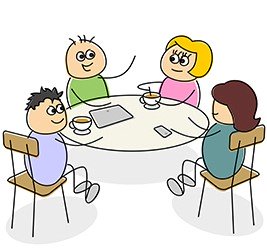 Let’s talk. I’d really like to hear what you have to say, and it might even give me something to write about. Email me at guy@lawsoncomm.com.
Let’s talk. I’d really like to hear what you have to say, and it might even give me something to write about. Email me at guy@lawsoncomm.com.
I’ll buy you coffee and we can compare notes. I promise not to steal your ideas without permission.
![]()
 Whatever’s happening today, remember it is only ONE SCENE in a long movie. Don’t treat it like it’s the whole story. Keep writing the story.
Whatever’s happening today, remember it is only ONE SCENE in a long movie. Don’t treat it like it’s the whole story. Keep writing the story.
― Henry Cloud
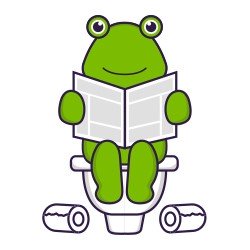
Did someone forward this newsletter to you after reading it themselves? Don’t settle for that!
CLICK HERE
to get a fresh, unused copy of this newsletter sent directly to you every Sunday morning. If you decide it stinks, you can always unsubscribe.
The Power of the Other
— Henry Cloud
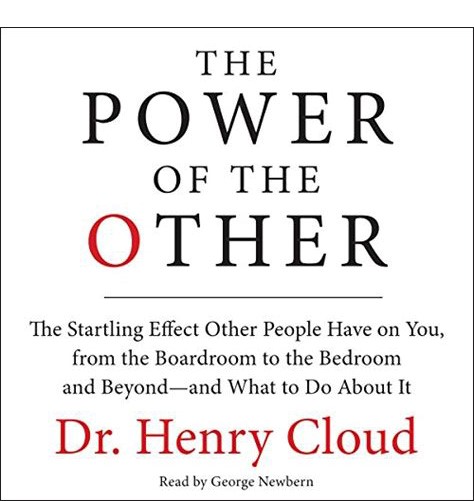
I never get tired of recommending this book or this author because everything he writes is so relavent to everyday life. “The Power of the Other” is about relationships — good ones, bad ones, mediocre ones — and how to turn the last two categories into the good ones. Our time on this planet is limited so why waste it being the kind of friend nobody needs?
A meeting of great minds who think alike



